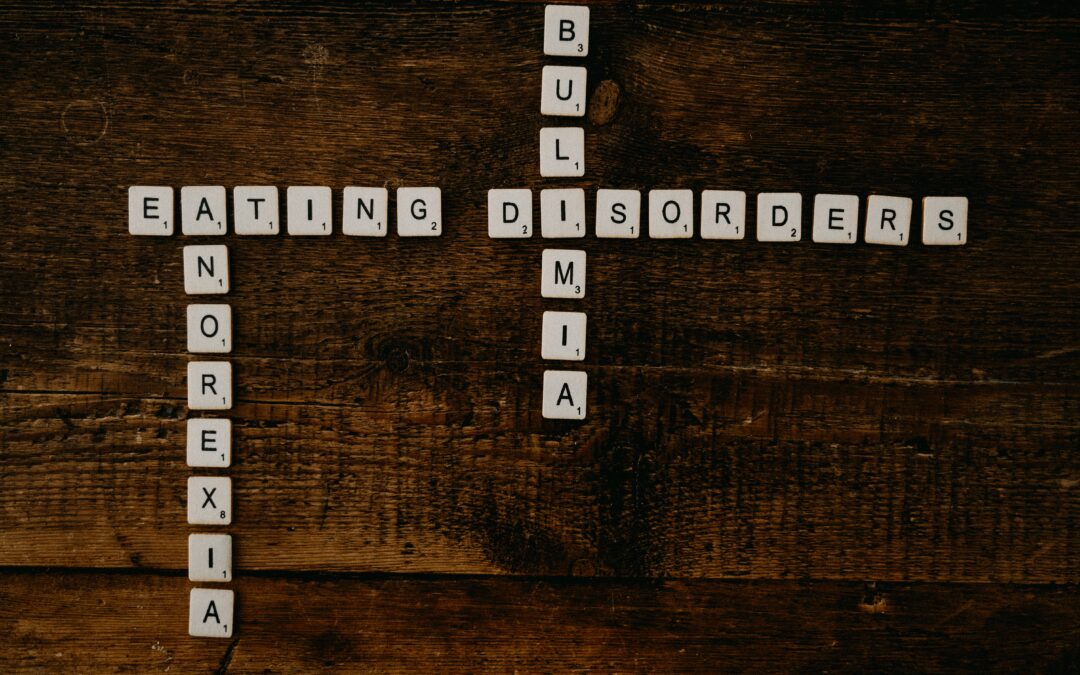Seeing your child struggle with disordered eating can be incredibly painful and helpless. Sometimes, parents see the disordered eating patterns clearly and other times, you wonder if your child is secretly struggling. Conversations around eating disorders with your child are very important. Eating disorders are complex, potentially life-threatening, and can affect anyone, regardless of age, gender, or background. Conversations around eating disorders can be emotionally charged and require sensitivity, understanding, and open communication. In this blog post, we will explore the importance of talking to your child about their eating disorder, offering guidance on how to approach this conversation with love and support.
The Importance of Addressing Eating Disorders
Eating disorders, including anorexia nervosa, bulimia nervosa, and binge-eating disorder, are more prevalent than many people realize. According to the National Eating Disorders Association (NEDA), approximately 20 million women and 10 million men in the United States will experience an eating disorder at some point in their lives. These disorders have severe physical and psychological consequences, making early intervention crucial. When parents engage in proactive conversations about eating disorders, they can help their children develop a healthy relationship with food and their bodies and reduce the stigma associated with these conditions.
- Educate Yourself
Before initiating a conversation about your child’s eating disorder, it’s essential to educate yourself about disordered eating and the many forms it can take. Learn about the different types of eating disorders, such as anorexia nervosa, bulimia nervosa, and binge-eating disorder. Understand the physical and emotional aspects, as well as the potential physical and psychological outcomes of these disorders. This knowledge will help you approach the conversation with empathy, awareness, and greater understanding.
- Choose the Right Time and Place
Selecting the appropriate time and place for this conversation is crucial. Find a quiet, comfortable setting where you can talk privately without distractions. Timing is also vital; try to choose a moment when both you and your child are relaxed and not rushed. Avoid discussing sensitive topics during meal times or immediately after a difficult event or stressful day.
- Express Love and Concern
Start the conversation by expressing your love and concern for your child. Begin with a reassuring statement like, “I want you to know how much I care about you and how worried I’ve been about your well-being.” Make it clear that your intention is to support them and not to criticize, judge, or make assumptions.
- Offer Support, Not Solutions
While your instinct as a parent may be to want to jump in and “fix” the situation, it’s essential to remember that these disorders are complex and require professional help. Offer your support by saying something like, “I’m here for you, and I want to help you get through this. Let’s find the right support together.” Encourage seeking professional assistance from therapists, dietitians, or support groups.
- Be Prepared for Resistance
Your child may not immediately accept your help or acknowledge their eating disorder entirely. Some individuals who are struggling with an eating disorder do not realize there is a problem or are in denial of how harmful their eating disorder is. Remember that eating disorders thrive in secrecy, so bringing it to the light is not always easy. Resistance or denial can be a normal part of recovery.
- Maintain Open Communication
After the initial conversation, it’s essential to maintain open communication about eating disorders with your child. Check-in with them regularly, ask how they are feeling, and offer your support consistently. Encourage them to share their progress, setbacks, discomfort, and struggles.
- Seek Professional Guidance
It is important to seek professional help with eating disorder recovery. At East Cobb Relationship Center, we are here to not only support your child through their healing, but support the entire family as well. Eating disorders do not only impact the individual but also the family unit. Reaching out for help is not a sign of weakness, but rather an incredible sign of strength and resilience.
- Remind Yourself That There is Hope
When you see a loved one, especially a child, struggle with an eating disorder, it can feel like you are losing someone who is dear to you. Know there is hope for change, healing, and freedom from eating disorders. While you hold onto the hope that recovery is possible, make sure to remind your child of the strength you see in them. It is important for them to know that you see a light at the end of the tunnel for their healing and that you recognize that recovery takes a lot of strength and determination. Remember that recovery is a marathon, not a short race.
Talking to your child about their eating disorder is a challenging, but necessary step in helping them on their journey to recovery. Approach the conversation with empathy, love, and a willingness to listen. Educate yourself about eating disorders, create a safe and open environment, and offer unwavering support. Remember that recovery is a long and often difficult process, but your support and understanding can make a significant difference in your child’s life. Together, you can help them heal and regain their physical and emotional well-being. If you would like to learn more information about our services or speak with a therapist about eating disorder recovery or family support, visit our Contact Us page. We would be happy to connect with you and make sure you and your family are with a therapist to walk with you all through this recovery journey.

